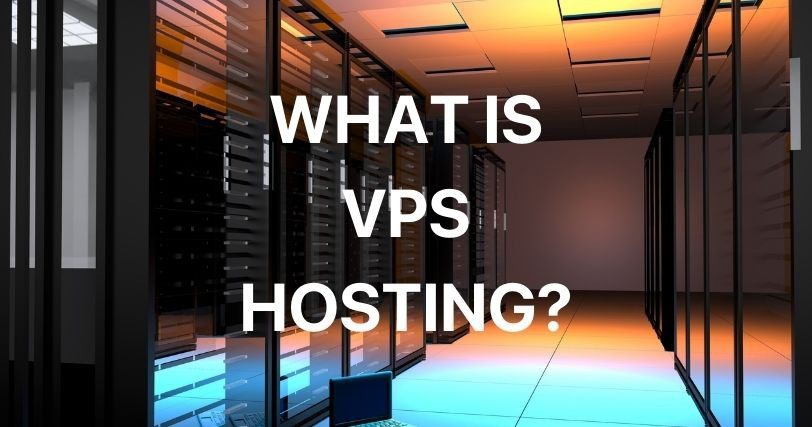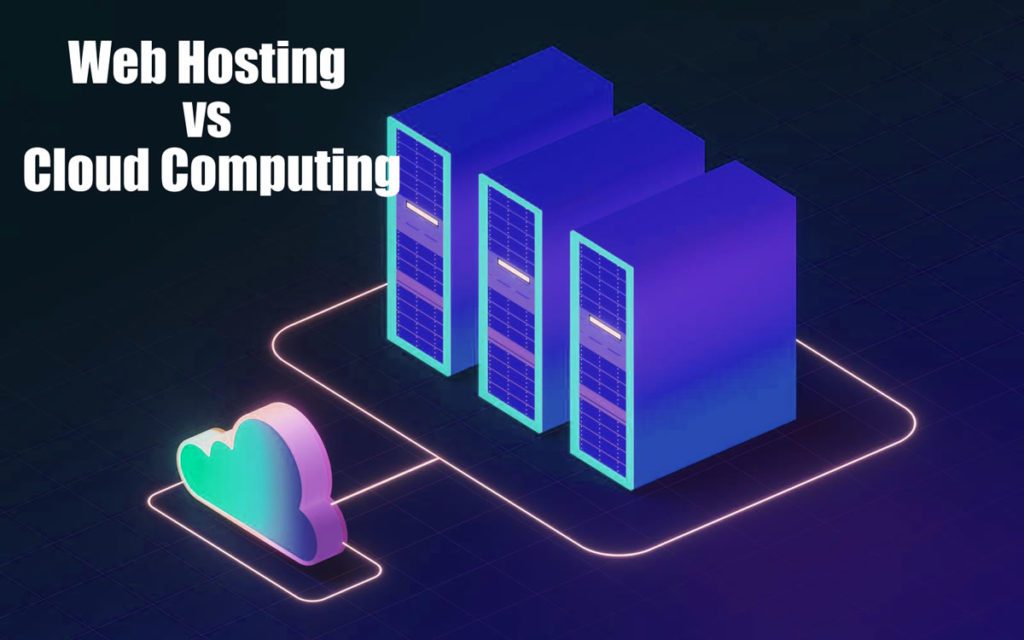When a company outgrows its Shared Hosting space, one of the most popular alternatives is Virtual Private Server (VPS) hosting. This is due to the fact that your company now has a large client base, and traffic has increased considerably. These two elements have an impact on your website by enhancing your company’s exposure and profits while also resulting in a slower website loading time. While the former has a positive impact on your business, the latter may have a detrimental impact on the value of your company’s brand. As a result, it is necessary to migrate to a hosting plan that can support your growing traffic while also boosting your website’s loading speed, and VPS Hosting is an excellent alternative.

Let us first define what a Virtual Private Server (VPS) is. While multiple servers share the same server space, in the case of a Virtual Private Server, they are all entirely isolated from one another. To better understand what we’re talking about, consider the example of an apartment building. Consider the following example: You are the owner of a four-story apartment building with three apartments on each floor. The building’s residents share some common resources, such as water, a staircase, and an elevator; however, they each live separate and isolated lives, with a different number of people staying, different interiors, and different resource consumption, among other things, with no interference from the other flat owners. The apartment complex will serve as the central VPS server in this example, and the apartments will serve as the isolated server space to which each user is allotted.
Now that we’ve established what a Virtual Private Server is, let’s look at the many sorts of virtual private servers. Managed virtual private server hosting and unmanaged virtual private server hosting are the two forms of virtual private server hosting accessible. Managed VPS Hosting is a sort of virtual private server hosting that we’ll discuss in this piece, as well as how it might help your business.

What exactly is Managed VPS Hosting and how does it function?
Managed VPS Hosting, as the name suggests, is a managed solution that eliminates the need for you to be concerned about server administration. In Managed VPS Hosting, your service provider handles all server maintenance on your behalf, including core upgrades, software installations, backups, security, and other chores. As a result, as a business owner, you will no longer have to worry about server administration and will be able to concentrate your time and energy on growing your company.
Managed VPS Hosting is a wonderful option for every business owner, regardless of technical expertise. Managed VPS Hosting makes it easier to run your business.

The Benefits of Managed Virtual Private Server Host
Gaining access to the entire root directory
Virtual Private Server (VPS) hosting combines shared and dedicated server hosting to provide the ease and benefits of both. Because your managed server is isolated from other servers, you can customize it to match your specific needs, and having full root access allows you to do so.
Management is made simple
You can now focus on building your business and managing your brand while your web hosting provider handles the technical aspects of running your site.

Real-time resource provisioning
When your server is configured, resources such as the operating system, RAM, and CPU are automatically assigned. Furthermore, when your traffic volume grows, you may rapidly expand these resources to match your needs.
It’s always a good idea to save money
Because your web hosting business is in charge of the backend of your website, you won’t need to hire a separate technical administrator to manage it. Even while Managed VPS Hosting may appear to be prohibitively expensive at first look, when compared to the cost of a dedicated resource, investing in a managed virtual server is more cost-effective and time-saving.
The hard disc you use affects the performance of your server. Solid-state drives (SSDs) and hard disc drives are the two types of drives (HDDs). Most businesses now prefer SSD-based VPS hosting since it outperforms hard disc drives (HDDs) in terms of performance. One of the most major benefits of SSD is that it improves the speed with which a website loads, hence improving the website’s Google search ranking and general performance.
Security
The security of a website is of the utmost importance. Dedicated Hosting provides isolation, thus even though all of the websites on a managed virtual server share the same physical space, the IP addresses given to each server are separate.

Do you think you should go ahead and get a VPS?
A growing business, with the goal of extending its customer base and drawing more incoming traffic, is expected to invest resources and time in marketing and development initiatives in order to better engage with its customers, as the word “growing business” suggests. At such a time, choosing Managed VPS Hosting is a smart alternative because it allows you to focus on the commercial aspects of your website while the service provider handles the technical aspects of maintaining your website.

Many of the top hosting providers offers fully Managed VPS Hosting with top-tier infrastructure, 24/7 system admin assistance, 99.9 per cent uptime guarantee, quick upgrade, an intuitive dashboard, and a range of other tools to free up your time and resources so you can focus on running your business.
I hope this article has given you a better understanding of what managed VPS hosting is, what it delivers, and whether or not you, as a business owner, should consider using it. If you have any questions or comments, please leave them in the comments section below. Thank you very much.





